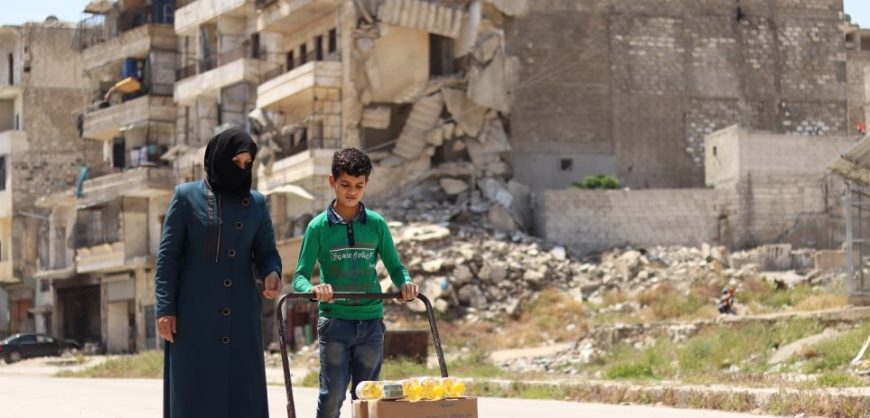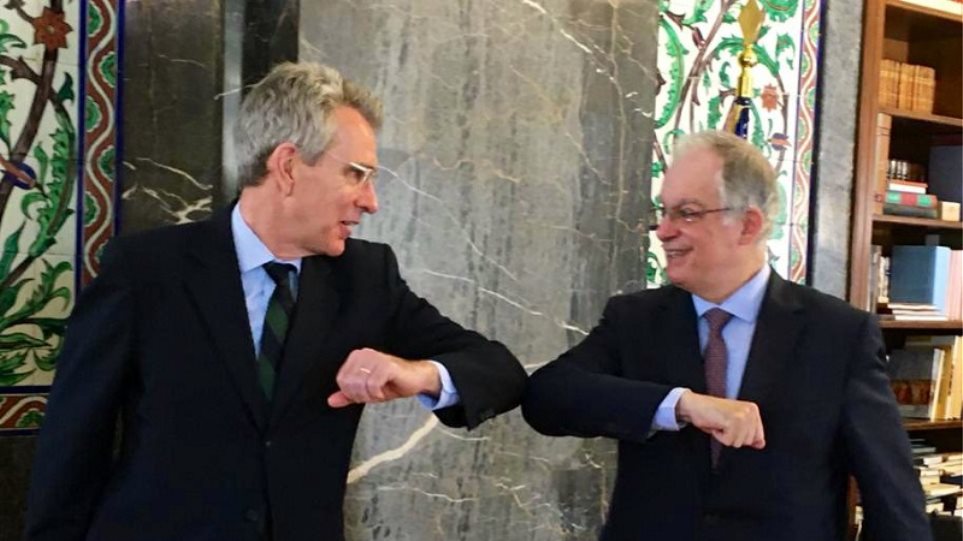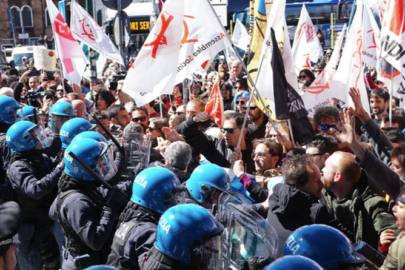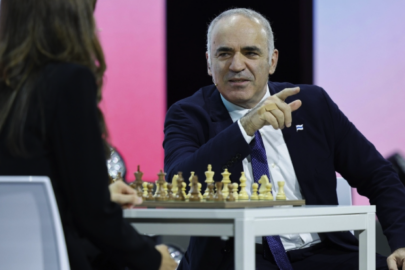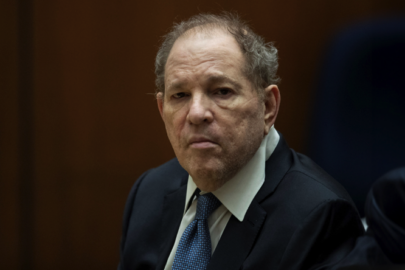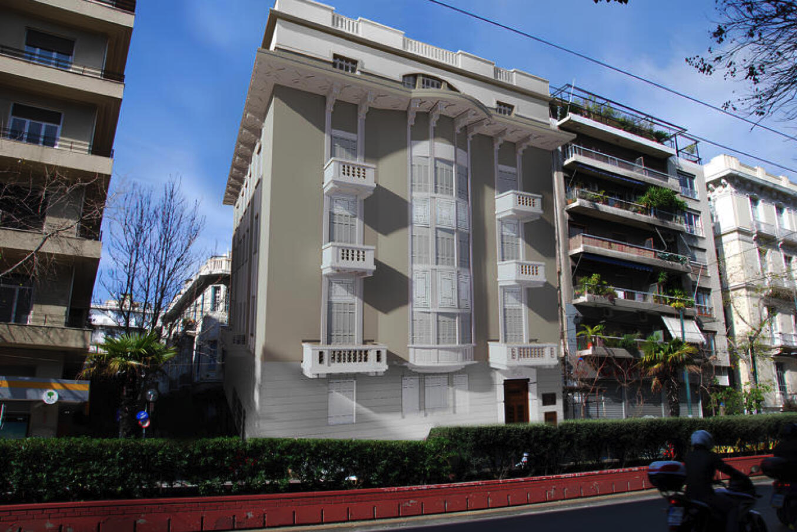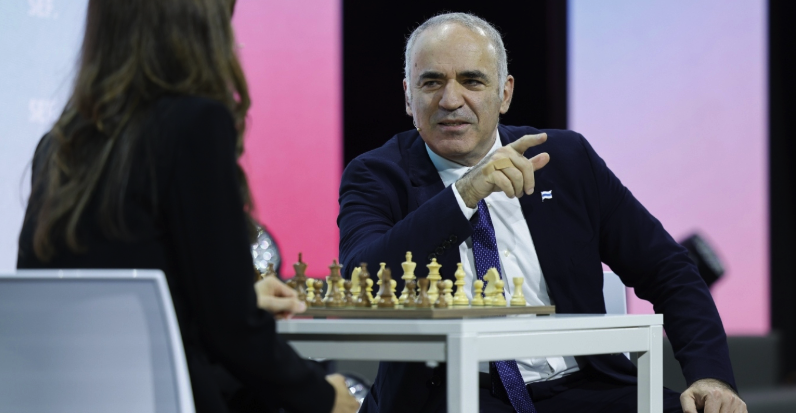Seven months after Turkish forces and their Sunni opposition allies crossed into northeastern Syria, upending a fragile balance that made the Kurdish-run territory the safest and most stable in the war-ravaged country, tens of thousands of displaced civilians are struggling to survive in the squalor of camps and classrooms they now call home. Some are trying to recover from injuries that rights groups allege in some cases amount to war crimes. A propaganda war waged by both sides is continuing full blast.
Mohammed Hamid Mohammed is among the victims of the Turkish assault launched Oct. 9 against Syrian Kurdish forces. Ankara charges that they are “terrorists” seeking to dismember Turkey. The US-backed group known as the People’s Protection Units denies it harbors hostility toward Ankara.
The 12-year-old Mohammed became the symbol of Turkish impunity when graphic images of his body covered in oozing grayish ochre burns were plastered across global headlines. As the number of victims bearing similar burns grew, allegations that Turkish forces were using white phosphorus, a chemical agent deployed in military operations to produce smoke or provide illumination, against the civilian population began to circulate. Turkey’s defense minister, Hulusi Akar, called the reports “fake news” peddled by the foreign media. Turkey denies possessing any chemical weapons.
Greek and Turkish F-16 jets engage in dog fights over Aegean Sea
Mohammed said he had been playing outside his house in the now Turkish-occupied town of Ras al-Ain — known as Serekaniye in Kurdish — when he suddenly heard an explosion and saw fire. “I didn’t feel anything until I woke up in the hospital. My dad was next to me,” Mohammed told Al-Monitor during an interview. “I was screaming because I could feel the burns on my body. Journalists were taking pictures of me. The pain was bad.”
As news of his plight grew, Massoud Barzani, an influential leader of neighboring Iraqi Kurdistan, decided to act. With the help of the French government, Barzani arranged for Mohammed and his father, Hamid, to be flown in air ambulance to France, and Mohammed was treated for three months at a military hospital outside Paris.

